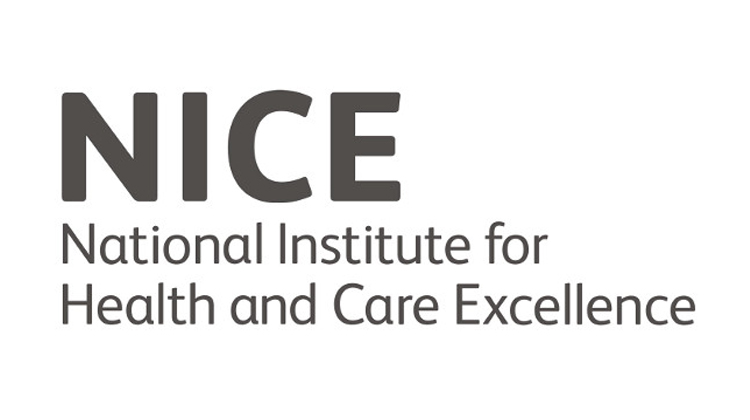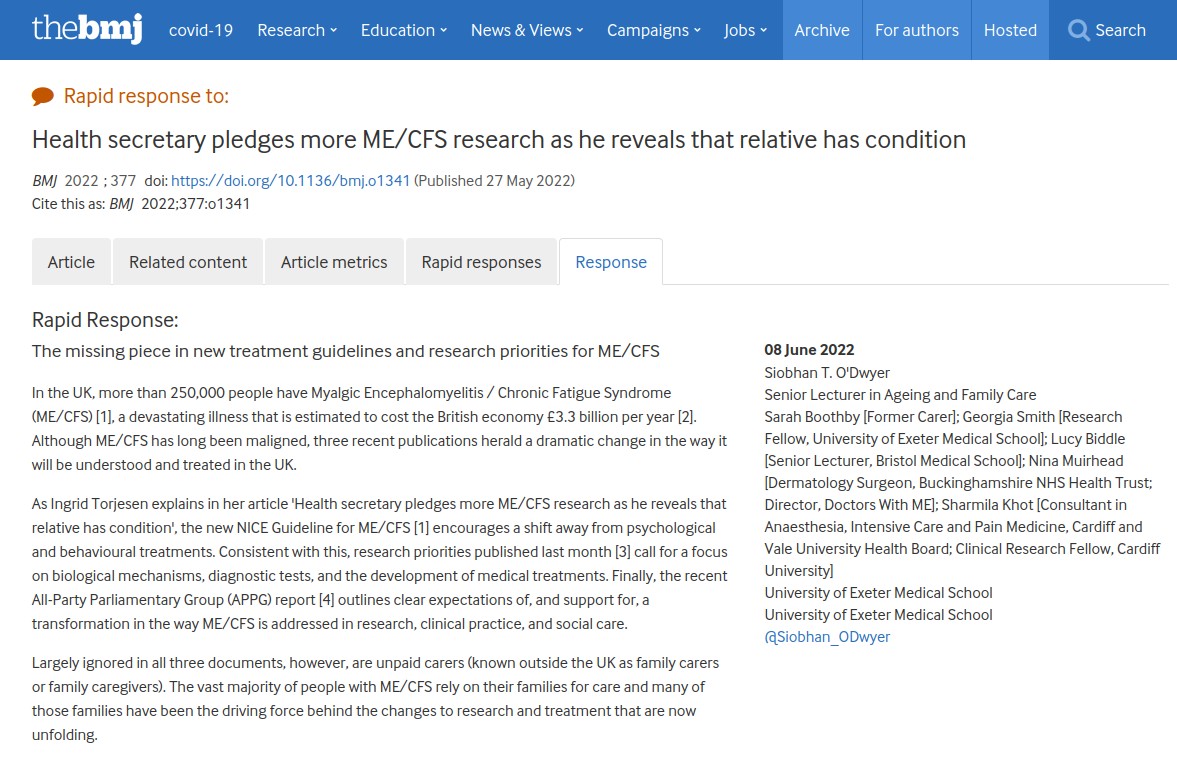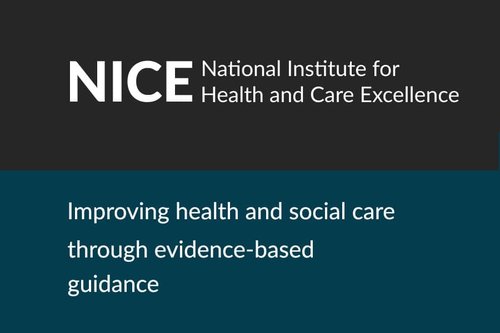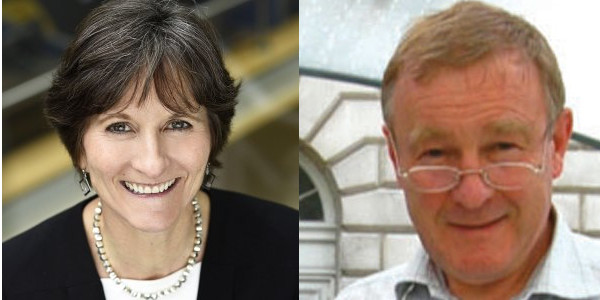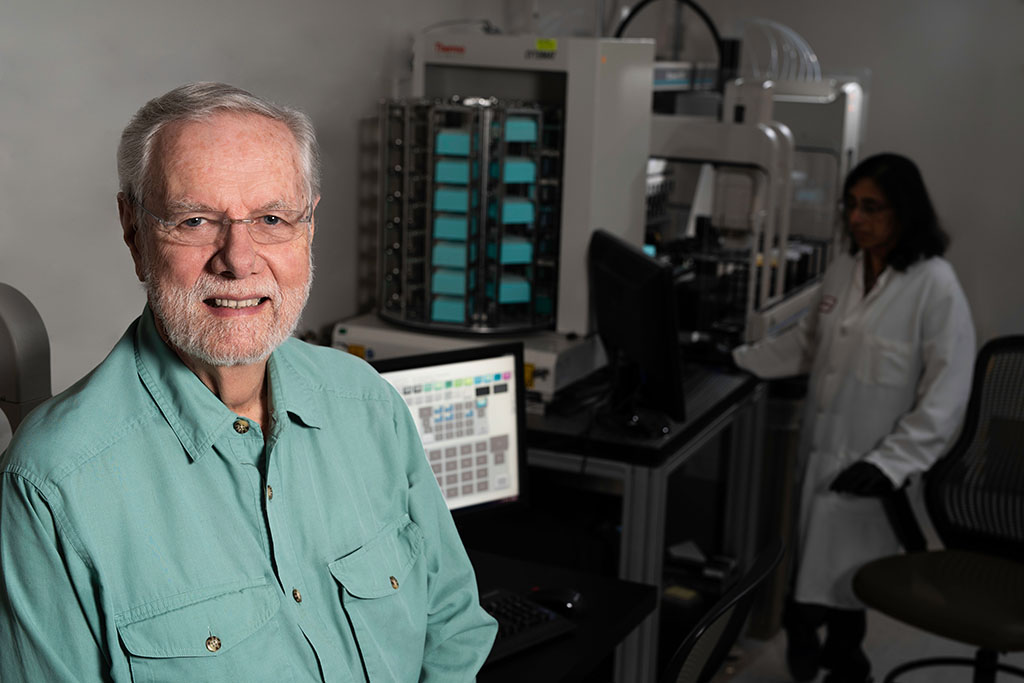Doctors with M.E. stands ready to work with partners and organisations to bring medical education up-to-date and assist in developing the right services for ME/CFS patients.
“The new guideline represents a positive and total paradigm change, uniting around the science, official disease classification and medico-legal compliance implications.”
“This translation of scientific knowledge into clinical practice is an opportunity for doctors, practitioners and patients to come together to develop more concordant and productive relationships.”
“The commercial opportunities and implications are also notable, not least for the pharmaceutical and financial services industries.”
Doctors with M.E.
Statement
We are delighted that the new NICE guideline on ME/CFS has been published. Doctors with M.E. considers the launch of this guideline to be a watershed moment in the history of ME/CFS medical care in the UK, with implications that extend to those Long Covid (PASC) patients who also meet ME/CFS diagnostic criteria. The new guideline discards discredited psychological theories and therapies in favour of a more patient centred approach, driven by improved scientific understanding. It represents a positive and total paradigm change, uniting around the science, official disease classification and medico-legal compliance implications.
This translation of scientific knowledge into clinical practice is an opportunity for doctors and patients to come together to develop more concordant and productive relationships, whereby GPs and specialists are supported in offering early diagnosis, relevant investigations, symptom treatment and compassionate care. Misdiagnosis and delays should cease to occur. Harmful Graded Exercise Therapy is discontinued and must not be replaced with renamed or rebranded versions, which would be clinically, scientifically and legally unsustainable. Accounting for systemic exertion intolerance and post exertional symptom exacerbation is at the heart of the science and the new guideline. Work must now begin to:
- Remove outdated and erroneous educational material or policies which contain discredited theories and harmful recommendations
- Develop curriculums and educational material which reflect scientific knowledge
- Training and education to bring clinicians and practitioners up-to-date
- Restructure, commission and/or redesign health care services to properly meet the needs of ME/CFS patients
- Provide adequate social care
- Provide appropriate accommodations at work and in educational settings
We extend our thanks to NICE and to the ME/CFS Guideline Development Committee. Doctors with M.E. stand ready to work with partners and organisations to make all this a reality. There is a long way to go and significant funding, resources and culture change will be needed but at long last, the right care and support for people living with ME/CFS is on the horizon.
Our experts’ comments
“NICE are to be commended for ensuring that this new guideline is based on a rigorous assessment of relevant clinical research. NICE’s verdict on behavioural treatments for ME amounts to nothing less than an utter repudiation. That it comes from an authoritative agency and is based on a thorough empirical review is extremely significant. I hope this updated evidence-based NICE guideline will usher in a new era of clinical practice: one where we follow the science, where clinicians are empowered to challenge bad practice and weak research, and, most importantly, where patients are listened to, respected, and treated with the dignity they deserve.”
Prof. Brian Hughes, Honorary Fellow, Doctors with M.E.

Prof. Brian Hughes
Honorary Fellow
Professor of Psychology, Specialist, Evidence-Based Policy and Empiricism, National University of Ireland, Galway, Member, HSE (Ireland) National Working Group on ME, Science Advisory Board, DecodeME, Scientific Advisor, Hope 4 ME & Fibro Northern Ireland, Chair, Global Research Initiative, International Prader-Willi Syndrome Organisation
“I have had the privilege of meeting many people with severe ME/CFS in the homes, rooms and beds to which their disease confines them. They have shared with me the despair of living with the stigma of a disease which may alienate them from friends, families, and the medical services which should support them. To get an idea of the person within, who may barely be well enough to communicate, I have taken cues from photos taken before the onset of ME/CFS, while others have been able to articulate the dreams of those things they would do if not constrained by their bodies.
The guideline recognises that people with ME/CFS may have experienced prejudice and disbelief from people who do not understand their illness. It makes it clear that people with severe ME/CFS, whose needs are both complex and diverse, need multidisciplinary input and care coordination, and this may require regular home visits. Key to the successful implementation of this new guideline will be primary care practitioners working within multidisciplinary teams with expertise in ME/CFS. Practitioners should be guided by continuing input from people with the disease, so that future services fully meet the needs of people with ME/CFS, particularly those most severely affected. The guideline promises that people with ME/CFS will be treated with respect and compassion, ensuring that the care they receive is safe and of the highest standard, and is delivered appropriately according to the needs of the individual.“
Caroline Kingdon, Doctors with M.E. Honorary Fellow, NICE ME/CFS GDC Full Committee Member

Caroline Kingdon
Honorary Fellow
Research Fellow, Centre for the Evaluation of Public Health Interventions, Faculty of Infectious and Tropical Diseases, London School of Hygiene and Tropical Medicine, Lead, UK ME/CFS Biobank, CureME@LSHTM, Committee Member, NICE ME/CFS Guideline Development Committee, Registered Nurse
“As I first highlighted in 2011, in a paper which collated data from a number of countries, ME/CFS patient surveys have consistently found harms associated with graded exercise therapies and to a lesser extent, CBT. In a subsequent paper, I was part of the team that reported that the English NHS ME/CFS services placed little or no focus on the potential for treatment-related harm in their written information for patients and for staff. The lack of focus on harms within such services, combined with a lack of formal UK ‘yellow card’ surveillance for nonpharmacological interventions, led to a perfect storm of not picking up on adverse events associated with such therapies, despite accumulating patient reports of harm. This blind spot was also fed by testimonial injustice, where patients with ME/CFS have had difficulty having their experiences listened to and believed. It is to be hoped that, with the new guidelines, fewer patients will be harmed by such graded activity approaches with more care being taken to ensure patients are remaining within their energy envelopes.”
Tom Kindlon, Honorary Fellow, Doctors with M.E.

Tom Kindlon
Honorary Fellow
Independent Researcher, Assistant Chairperson, Irish ME/CFS Association, twenty six peer-reviewed journals publications, inc. co-author of ground-breaking research revealing the lax state of medical norms and the very low quality of the underlying research
“On the back of the NICE review of ME/CFS treatments and patient care it is important sustainable funding is now provided for research. A dysbiotic microbiome, evidence of low grade infection, energetic failure, autonomic dysfunction have emerged as components of ME/CFS. Larger more in depth patient studies are now required with substantial government funding. Studies should not be carried out in isolation but in combination with other similar patient groups including Long Covid, Chronic Lyme Disease and Fibromyalgia. Long term investment in both patients and researchers is needed if we are to unravel these complex conditions.”
Dr. Karl Morten, Honorary Fellow, Doctors with M.E.

Dr. Karl Morten
Honorary Fellow
Director and Mitochondrial Scientist, Morten Group – Oxford, Director of Graduate Studies, Nuffield Department of Obstetrics and Gynaecology, John Radcliffe Hospital, Oxford University
“People with ME have had to live with a NICE guideline for almost 15 years that was unfit for purpose – because it recommended treatments that were either ineffective or harmful. After a very through review of all the evidence – from clinical trials, experts and patients – we now have a new guideline that has reversed these recommendations and should be widely welcomed by people with ME.
The next challenge involves educating and training all health professionals on how to diagnose and manage ME and setting up a full network of hospital-based referral services where GPs can refer for further help.”
Dr. Charles Shepherd, Honorary Fellow, Doctors with M.E.
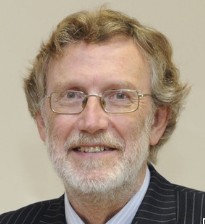
Dr. Charles Shepherd
Honorary Fellow
Honorary Medical Adviser to the UK ME Association, Frequent government advisor, Co-author, Leading ME Clinical Reference Book, Committee Member, NICE ME/CFS Guideline Development Committee
“For many years severely affected ME sufferers have known that CBT and GET are not magic cures, as if they were, everyone would have been cured and there would be have been no controversy.
As a paediatrician who has had to defend many innocent families of children and young persons with ME from safeguarding proceedings, I hope that the guidelines will finally put a stop to this injustice, and that no longer will young people with ME be labelled as having “Medically Unexplained Symptoms” or being “Perplexing Presentations” as an excuse to refer to social services. Children and young people with ME deserve a firm positive diagnosis from their paediatricians. This will protect them from undue pressures, and lead to appropriate support and help.”
Dr. Nigel Speight, Honorary Fellow, Doctors with M.E.

Dr. Nigel Speight
Honorary Fellow
Paediatric Physician, Co- Author, International Consensus Criteria, Co-Author, Pediatric Primer in Frontiers in Pediatrics, Advisor, 25% ME Group, Researcher
“The Guideline should drive better acceptance of ME as a serious medical condition and encourage doctors to personalise care based on individual needs. It is a real opportunity for doctors to transform the care patients receive.”
Dr. David Strain, Honorary Fellow, Doctors with M.E.

Dr. David Strain
Honorary Fellow
Long Covid Lead and Co-Chair Medical Academic Staff Committee, British Medical Association, Medical Advisor, Action for ME, Senior Clinical Lecturer, University of Exeter, Honorary Consultant, UK NHS
“Sanity prevails”
Dr. William Weir, Honorary Fellow, Doctors with M.E., NICE ME/CFS GDC Full Committee Member

Dr. William Weir
Honorary Fellow
Infectious Disease Physician, Harley Street, London, Retired NHS Consultant, Royal Free Hospital, Committee Member, NICE ME/CFS Guideline Development Committee, Researcher
“As a patient with Long Covid and ME, and also as an advocate for both patient communities, I welcome the removal of Graded Exercise Therapy from the 2021 NICE guideline on Myalgic Encephalomyelitis. Finally, science has prevailed and the patient voice has been listened to. Hopefully, the neglect and abuse of patients with this debilitating condition will stop. It is imperative that clinicians dealing with these patients receive appropriate education and training, and that the medical school curriculum is revised to include post viral illnesses with emphasis on their biomedical nature. It is no longer acceptable for these conditions to be labelled as psychological. Indeed it never was, but the views of powerful influencers within the establishment have held patients and clinicians to ransom.
Now we can put those days behind us, advance the care of patients with ME, and conduct meaningful research into causes and treatments. There has never been a greater urgency to do this, given the looming spectre of hundreds of thousands of Long Covid sufferers developing ME.”
Dr. Asad Khan, Associate, Doctors with M.E.

Dr. Asad Khan
Associate
Consultant in Respiratory Medicine, Sleep and Long-Term Ventilation, Manchester University Hospitals, Fellow, Royal Australasian College of Physicians, Fellow, Royal College of Physicians of Edinburgh, PGCertClinEd (Auckland)
“The publication of the new NICE guideline for ME/CFS is really good news for children and families now and in the future affected by this cruel illness. Good sense and good science has prevailed to remove ineffective & harmful treatments and focus on understanding and supporting young people with this ghastly disease.
It is so important that professional bodies now concentrate on helping doctors and health care professionals adapt their clinical practice to incorporate the new comprehensive and evidence based guideline as developed.“
Dr. Ben Marsh, Associate, Doctors with M.E.

Dr. Ben Marsh
Associate
Consultant Paediatrician, Neurodisability Specialist, Clinical Director of Community Paediatrics (Retired)
“The removal of Graded Exercise Therapy as a recommended treatment for patients with ME is a momentous step in the right direction. I share the relief of the scientists, people living with ME, and patient support groups, who have advocated for management of people with ME to be appropriate, safe, and evidence-based. They have now had their concerns recognised by NICE. Let us now hope the medical community will align care for patients with ME with this updated NICE guideline, move away from the notion that this physical illness can be treated by behavioural or psychological therapies, and turn their focus to biomedical research, ultimately leading to medical treatments. Furthermore, Long Covid causes many to experience chronic post-viral fatigue and Post Exertional Malaise, in common with people with ME. People living with Long Covid, and all healthcare professionals, must therefore be aware of this important change in guidance on managing ME, which is highly relevant to Long Covid.”
Dr. Shaun Peter Qureshi, Associate, Doctors with M.E.

Dr. Shaun Peter Qureshi
Associate
Palliative Medicine Physician, BSc(Hons), MBChB, MD, MRCP(UK), Previously Clinical Fellow in Medical Education, University of Edinburgh
“The official removal of Graded Exercise Therapy as treatment for ME/CFS is an important moment in UK history. It is a long overdue recognition of the harms of this therapy which is based on unfounded theories of patient beliefs causing illness.
Talking therapies which help patients cope with the losses and limitations of chronic illness are also not curative and cannot be based on the unfounded beliefs of the past. To ignore this scientific fact would amount to unlawful medical gaslighting.
Now proper funding and resources must be made available in order that services which properly meet the needs of ME/CFS patients are developed, including the provision for greater access such as telephone or video consultations, home visits and proper accommodations when patients are admitted to hospital. Doctors with M.E. stand ready to help health care providers develop such services.”
Dr. K.N. Hng. Founder, Doctors with M.E.

Dr. K.N. Hng
Founder
ST7 General Internal Medicine and Gastroenterology (Ret)
Author of ‘Doctor with M.E.: My journey with “Chronic Fatigue
Syndrome“‘
“The 2021 NICE guidelines are an exciting opportunity for medical educators. Now is the time to review and re-write ME/CFS teaching materials, and take down harmful theories that ME/CFS patients can cure themselves by controlling their thoughts and feelings and/or by undergoing graded exercise therapy. The scientific research and patient narrative will shape new evidence-based medical education as the paradigm shift gains momentum. Clinicians can avoid patient harm by improving ME/CFS recognition and support.
My advice following the 2021 ME/CFS guidelines: listen to and believe in your patient, make a diagnosis, provide accessible, supportive, compassionate care and keep up-to date with education.”
Dr. Nina Muirhead, Director, Doctors with M.E.
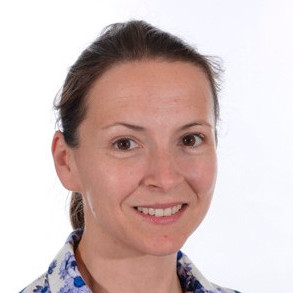
Dr. Nina Muirhead
Director
Dermatology Surgeon, Chair of CFS/ME Research Collaborative Medical Education Working Group, Forward ME representative, Expert Witness, UK National Institute of Health and Care Excellence.
“Scientists must continue to research the biological facets of this disease, including causes and bio-physiological dysfunction brought about by ME/CFS. Whilst this work is ongoing, doctors and allied health professionals must look to support patients manage and ameliorate symptoms.
This new guideline marks a departure from biopsychosocial outdated models of ME/CFS to one that recognises the clinical features of this disease, its impact on people living with ME/CFS and the importance of doctors and patients working collaboratively to achieve the best outcomes possible.”
Dr. Keith Geraghty, Director, Doctors with M.E.

Dr. Keith Geraghty
Director
Honorary Research Fellow, Centre for Primary Care and Health Services Research, Faculty of Biology Medicine and Health, University of Manchester, Co-lead, NICE GDG commissioned Severe ME Research Group
“The lack of controversy in the science was a given, unless we debase the definition of science. We welcome that UK medical guidelines now account for the legal centrality of the demonstrable scientific consensus, formal disease classification and all of their medico-legal compliance implications. The commercial implications and opportunities are also notable, not least for the pharmaceutical industry.
The catchup of medical belief systems, norms and professional standards with the science will reverberate globally and across industries. Including within the indemnity, life, critical illness and health insurance sectors. The practical and legal impact of this on employment, social work and education contexts also cannot be underestimated. We stand ready with our partners in this unusually clear legal and scientific context to offer simple solutions to all stakeholders and each of their organisational departments.“
Dr. Richard Ramyar, Chair and Strategy Advisor, Doctors with M.E.

Dr. Richard Ramyar
Chair and Strategy Advisor
Strategy, Policy and Compliance Consultant, Financial Economist, Technologist and Visiting Scholar at the London Institute of Banking and Finance
Press releases and detailed media response
As a proud member organisation of Forward ME, Doctors with M.E. are co-authors of the following distributed press releases and detailed response.
October 2021
August 2021
Educational resources
Compliant educational resources can be found in our Education section, including CPD resources.
30m
individual cases globally (pre pandemic)
Long Covid prevalence rates that meet ME diagnostic criteria are not yet quantified
250k
healthcare worker cases globally (pre pandemic)
Long Covid prevalence rates that meet ME diagnostic criteria are not yet quantified
9000+
article assessment corroborating regulatory failure of medical norms
US Institute of Medicine assessment of ME systemic exertion intolerance
100%
regulatory failure of medical norms
BPS papers ranked 87% very low quality, 13% low quality in UK NICE assessment

